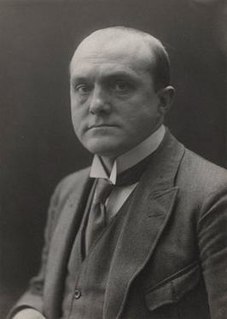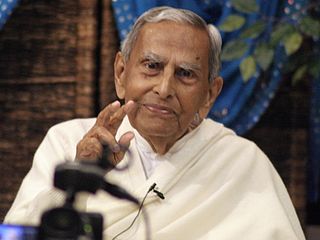A Quote by David Abram
Does the human intellect, or "reason," really spring us free from our inherence in the depths of this wild proliferation of forms? Or on the contrary, is the human intellect rooted in, and secretly borne by, our forgotten contact with the multiple nonhuman shapes that surround us on every hand?
Related Quotes
We will enjoy ourselves with the forms that are given us: a human face, a hand, the breast of a woman or the body of a man, a glad or sorrowful expression, the infinite seas, the wild rocks, the melancholy language of the black trees in the snow, the wild strength of spring flowers and the heavy lethargy of a hot summer day when Pan, our old friend, sleeps and the ghosts of midday whisper. This alone is enough to make us forget the grief of the world, or to give it form.
How very paltry and limited the normal human intellect is, and how little lucidity there is in the human consciousness, may be judged from the fact that, despite the ephemeral brevity of human life, the uncertainty of our existence and the countless enigmas which press upon us from all sides, everyone does not continually and ceaselessly philosophize, but that only the rarest of exceptions do.
The law of karma is neither fatalistic nor punitive; nor is man a hapless, helpless victim in its bonds. God has blessed each one of us with reason, intellect and discrimination, as well as the sovereign free will. Even when our past karma inclines us toward evil, we can consciously tune our inclination towards detachment and ego-free action, thus lightening the karmic load.
At the center of the Universe is a loving heart that continues to beat and that wants the best for every person. Anything that we can do to help foster the intellect and spirit and emotional growth of our fellow human beings, that is our job. Those of us who have this particular vision must continue against all odds. Life is for service.
Our knowledge of the historical worth of certain religious doctrines increases our respect for them, but does not invalidate our proposal that they should cease to be put forward as the reasons for the precepts of civilization. On the contrary! Those historical residues have helped us to view religious teachings, as it were, as neurotic relics, and we may now argue that the time has probably come, as it does in an analytic treatment, for replacing the effects of repression by the results of the rational operation of the intellect.
Let us, then, take our compass; we are something, and we are not everything. The nature of our existence hides from us the knowledge of first beginnings which are born of the nothing; and the littleness of our being conceals from us the sight of the infinite. Our intellect holds the same position in the world of thought as our body occupies in the expanse of nature.
The object of geometry in all its measuring and computing, is to ascertain with exactness the plan of the great Geometer, to penetrate the veil of material forms, and disclose the thoughts which lie beneath them? When our researches are successful, and when a generous and heaven-eyed inspiration has elevated us above humanity, and raised us triumphantly into the very presence, as it were, of the divine intellect, how instantly and entirely are human pride and vanity repressed, and, by a single glance at the glories of the infinite mind, are we humbled to the dust.





































